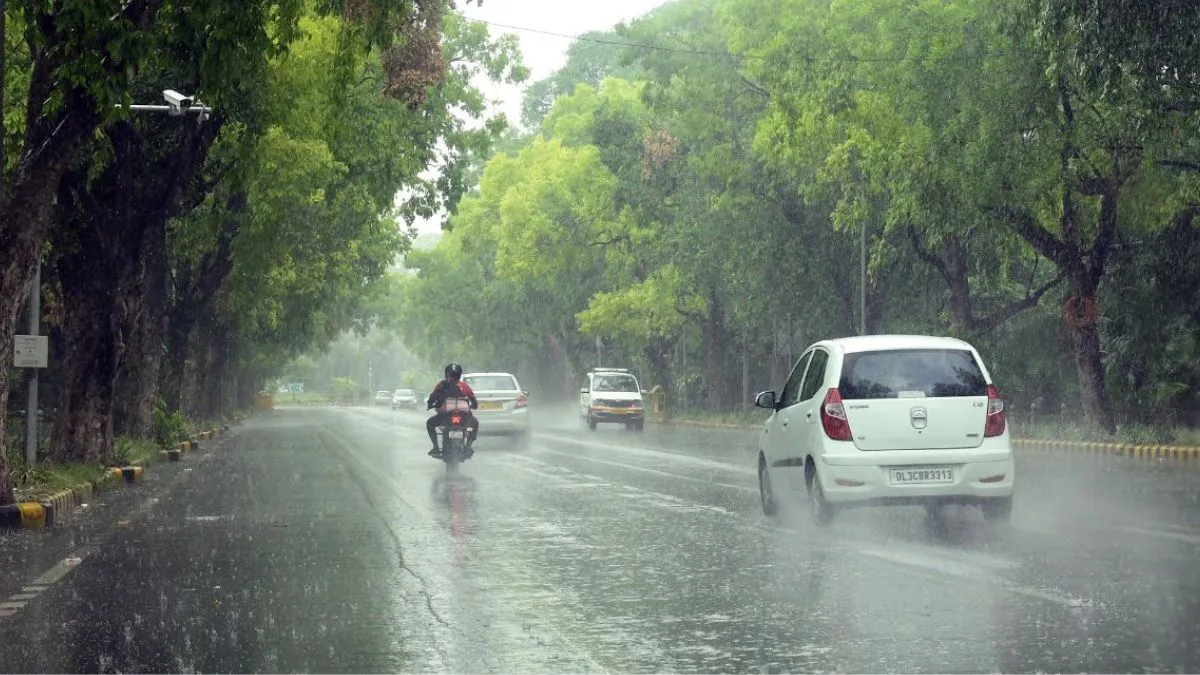- By Deeksha Gour
- Mon, 30 Jun 2025 08:45 PM (IST)
- Source:JND
Delhi Cloud Seeding: The Delhi government has postponed its planned cloud seeding trial, originally scheduled between July 4 and 11, due to active monsoon weather across the region. Officials confirmed that the current cloud conditions are not suitable for artificial rain, which was intended to address pollution and water scarcity in the capital.
According to a Times Now report, this ambitious trial, which would have marked Delhi’s first-ever attempt at artificial rainfall, will now be rescheduled for a later date after the monsoon season. The delay comes as updated weather reports from the India Meteorological Department (IMD) indicated that distinguishing artificial rainfall from natural monsoon showers would be difficult at this time.
Rs 3.21 Crore Project Aims to Tackle Pollution, Water Crisis
The Rs 3.21 crore pilot project was approved by the Delhi Cabinet in May 2025. Led by IIT Kanpur in coordination with IMD Pune and other agencies, the project planned to use cloud seeding to trigger rain over select parts of the capital, especially in its northern and outer areas such as Rohini, Alipur, Bawana and Burari. Aircraft were to fly from the Hindon Airforce Station in Ghaziabad and also cover nearby areas of western Uttar Pradesh, including Loni and Baghpat.
How Cloud Seeding Works: The Science Behind Artificial Rain
The cloud seeding process involves releasing substances like silver iodide, iodised salt and rock salt into moisture-rich clouds to encourage raindrop formation. These substances act as condensation points, attracting water vapour, which then falls as rain once it becomes heavy enough.
The India TV report cited Environment Minister Manjinder Singh Sirsa as stating that, the operation will only go ahead when suitable conditions return. "Forecasts suggest that artificial rain attempts would not be feasible before July 3. The monsoon’s current strength makes it hard to assess the trial’s impact,” he said. Most permissions—including those from the Ministry of Defence, DGCA, IMD and CPCB—have already been obtained.
ALSO READ: Delhi Court Allows CBI To Close JNU Student Najeeb Ahmad's Missing Case
Experts Highlight Need for Ideal Cloud Types and Moisture Levels
Experts involved in the project stressed the need for specific cloud types like nimbostratus, which are low and moisture-laden. They also highlighted that a minimum of 50 per cent atmospheric moisture is required for successful cloud seeding.
Officials Still Confident of Project’s Potential
Despite the postponement, officials remain confident about the project’s importance. They believe it could help manage Delhi’s worsening air quality and water shortages. Once clearer skies return, the Delhi government is expected to seek a new time slot from DGCA to launch the trial.

